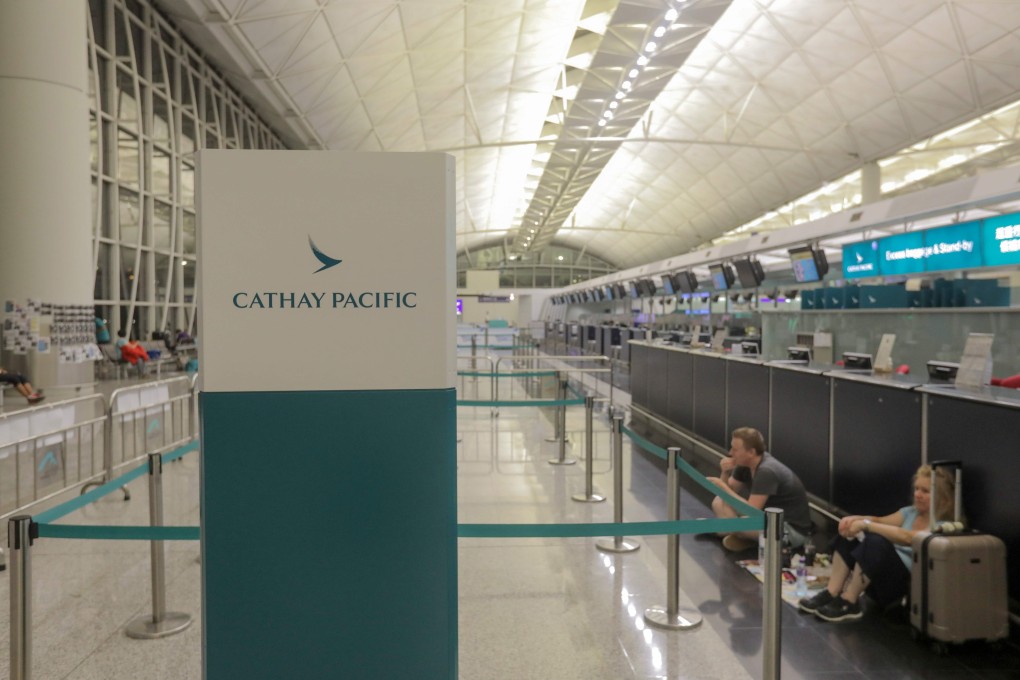Advertisement
Opinion | China business or human rights? Hong Kong protests leave Cathay facing a tough balancing act
- Doing business in China while respecting human rights is never easy for any company
- Cathay can overcome the challenges only if it explores ways to honour both the legitimate demands of Chinese authorities and its own responsibilities on rights
Reading Time:3 minutes
Why you can trust SCMP

The recent notice from the Civil Aviation Administration of China, that no Cathay Pacific staff who had taken part in “illegal protests”, “violent actions” and “overly radical activities” would be allowed to fly to or from mainland China – and the response of Cathay as well as its major investor Swire to this notice – has put the spotlight on the issue of companies’ human rights responsibilities.
Similar questions have been raised about the responsibility of companies supplying tear gas, rubber bullets and beanbag rounds to Hong Kong Police, or of companies whose shopping malls protesters may enter and take shelter in.
It is now well established that companies have a responsibility to respect all human rights while doing business. In June 2011, the UN Human Rights Council unanimously endorsed the UN Guiding Principles on Business and Human Rights (UNGPs), which outline an authoritative framework for corporate human rights responsibility.
Advertisement
The responsibility under the guiding principles is over and above any responsibility that companies may have under domestic laws. The UN Human Rights Council is also currently negotiating a treaty to add “legal teeth” to this responsibility.
Since Swire, a company incorporated in the UK, is a shareholder of Cathay Pacific, the OECD (Organisation for Economic Cooperation and Development) Guidelines for Multinational Enterprises would also apply here. To act in conformity with these guidelines, Swire should “avoid causing or contributing to adverse human rights impacts and address such impacts when they occur”. A complaint to the UK’s National Contact Point could be made for an act in breach of the OECD guidelines.
Advertisement
Advertisement
Select Voice
Select Speed
1.00x
